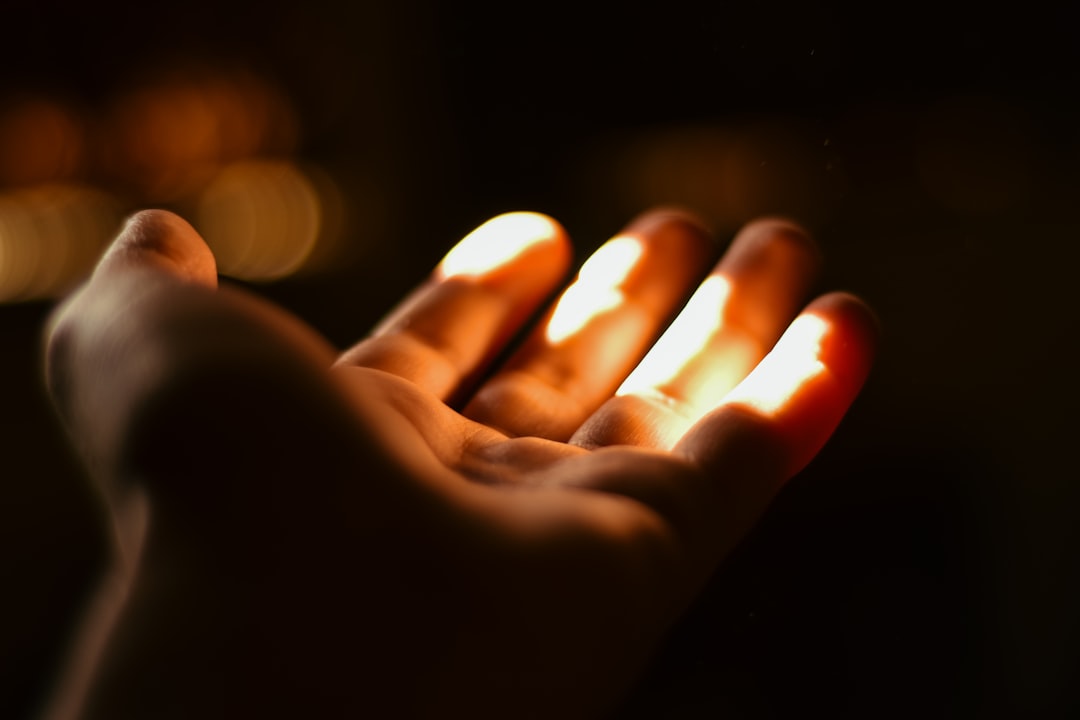
Some people say “just forgive and move on,” like it’s easy.
But if you’ve ever been deeply hurt, you know it’s anything but simple.
I used to hold onto anger like it gave me power. Whether it was old wounds from childhood, betrayal from a friend, or people who didn’t believe in me when I needed support—I told myself that staying mad meant I was strong. That I wasn’t letting them get away with it. But over time, I realized the truth: my anger wasn’t protecting me. It was poisoning me.
Forgiveness doesn’t mean saying what happened was okay. It means letting go so you can live free.
Let’s talk about how to actually do that.
Why Forgiveness Feels So Hard
Forgiveness feels like letting someone off the hook. Especially when they don’t apologize or show any remorse. It can feel unfair, like they get to walk away while you carry the pain.
But here’s a mindset shift that helped me…
Forgiveness isn’t for them. It’s for you.
It doesn’t mean pretending the hurt didn’t happen. It means releasing the grip that pain has on your heart, so it doesn’t define your days or your future.
When I struggled with binge eating and gaming addiction, that behavior came from deep emotional wounds—some caused by others. I’d tell myself that I was a victim, and maybe I was in some ways. But staying in that story stopped me from healing. Once I chose forgiveness, I felt lighter. I had more peace. More clarity.
And that space allowed me to finally make real changes—like losing over 110 pounds, rebuilding my health, and walking closer with God.
What Forgiveness Isn’t
Let’s clear this up.
Forgiveness does not mean:
- Forgetting what happened
- Saying it was okay
- Letting someone hurt you again
- Rebuilding trust instantly
It also doesn’t mean you have to call them, meet face-to-face, or even speak to them again. Forgiveness can happen in your heart without contact. It’s a mental and spiritual release—not a pass for bad behavior.
Step 1: Be Honest About the Hurt
You can’t forgive what you won’t face.
If someone hurt you, don’t downplay it. Write it out. Say it out loud. Pray about it.
Name what happened. How it made you feel. How it affects your life now.
When I started daily journaling and gratitude practice, I didn’t expect old wounds to surface—but they did. I realized the way someone spoke to me years ago still shaped how I saw myself. I had to face the anger and sadness before I could even think about moving on.
Start by telling yourself the truth.
Step 2: Choose to Release the Burden
Forgiveness starts with a choice, not a feeling.
You probably won’t feel ready. But if you wait until the pain disappears, you'll stay stuck. Think of forgiveness like removing a heavy backpack you’ve been carrying around. You don’t have to argue about why it’s heavy. You just choose to set it down.
Here’s a prayer I found helpful in moments of anger or resentment:
“God, I don’t feel ready to forgive, but I want to. Help me let go of this weight. Heal my heart where it’s hurting.”
Even whispering those words can unlock something inside.
Step 3: Set Boundaries if Needed
Forgiving someone doesn’t mean going back to the old relationship.
If trust was broken or there was abuse, it’s okay—even wise—not to let that person back into your life. Jesus said to forgive seventy times seven, but He didn’t say to keep getting hurt.
One of the hardest things I had to learn on my journey was how to forgive without reopening wounds. I’ve had to walk away from some relationships for my own well-being. But I’ve also seen where forgiveness made space for deeper connection and healing.
Use God’s wisdom. Ask yourself:
- Does this relationship help or harm my growth?
- Has there been real change or just empty words?
- Can I forgive and also protect my peace?
The answer will guide your next steps.
Step 4: Keep Forgiving—Even When Feelings Return
Sometimes you forgive someone and feel peace right away. Other times, the anger or sadness comes back weeks later. That doesn’t mean you failed. It just means healing takes time.
Forgiveness can be a one-time decision, but it’s often a process.
Repeat the prayer. Say the words again. Choose to let go again. Each time you do, the bitterness loses more of its grip.
As I built a more disciplined and grateful routine—waking early, doing deep work in short bursts, reflecting daily—I noticed my patience and peace growing too. Bitterness faded not because the people changed, but because God was changing me.
Step 5: Focus on What You Can Control
You can’t control people who hurt you. You can’t undo the past.
But you can control how your story moves forward.
- You can choose what voices you listen to now.
- You can choose healthy routines to strengthen your body and mind.
- You can choose to take one step forward today—even if it’s just breathing and saying, “I forgive.”
The more you focus on these small, meaningful choices, the more power you take back.
Forgiveness gives you back time, energy, and joy that resentment steals. It makes room in your heart for the things that matter most—faith, love, peace, and purpose.
A Final Word from My Journey
I didn’t change my life by just losing weight, stopping bad habits, or organizing my time. It started with my heart. Forgiveness was part of that.
I had to forgive others, forgive myself, and trust that God would carry the parts I couldn’t yet understand. Each time I made that choice, I felt lighter.
If you’re holding onto something heavy today, ask yourself: what would letting go make space for?
Love? Peace? Energy to dream again?
Take the first step. You don’t have to figure it all out now. Just open your heart. Just a little. That’s where healing begins.





